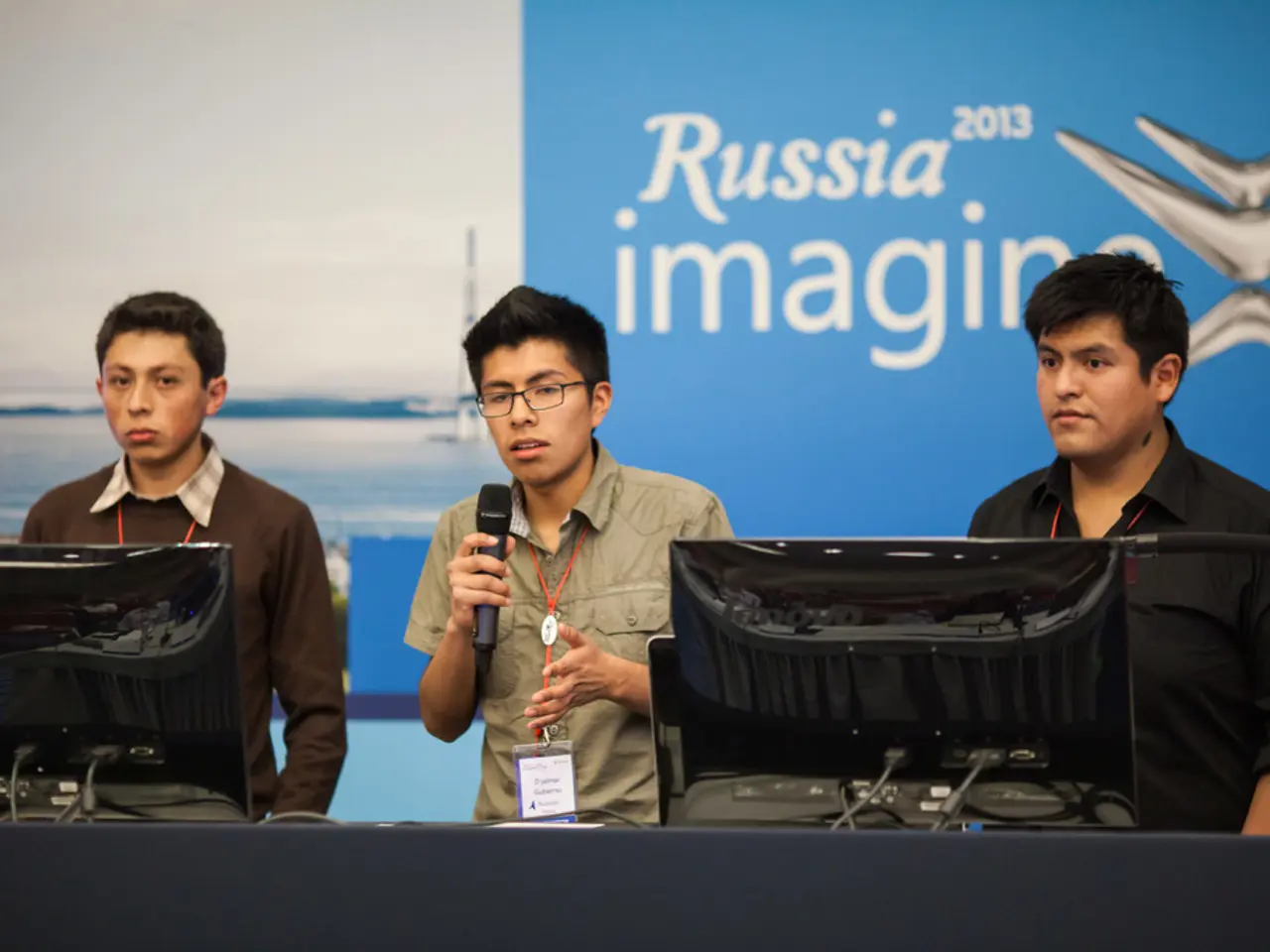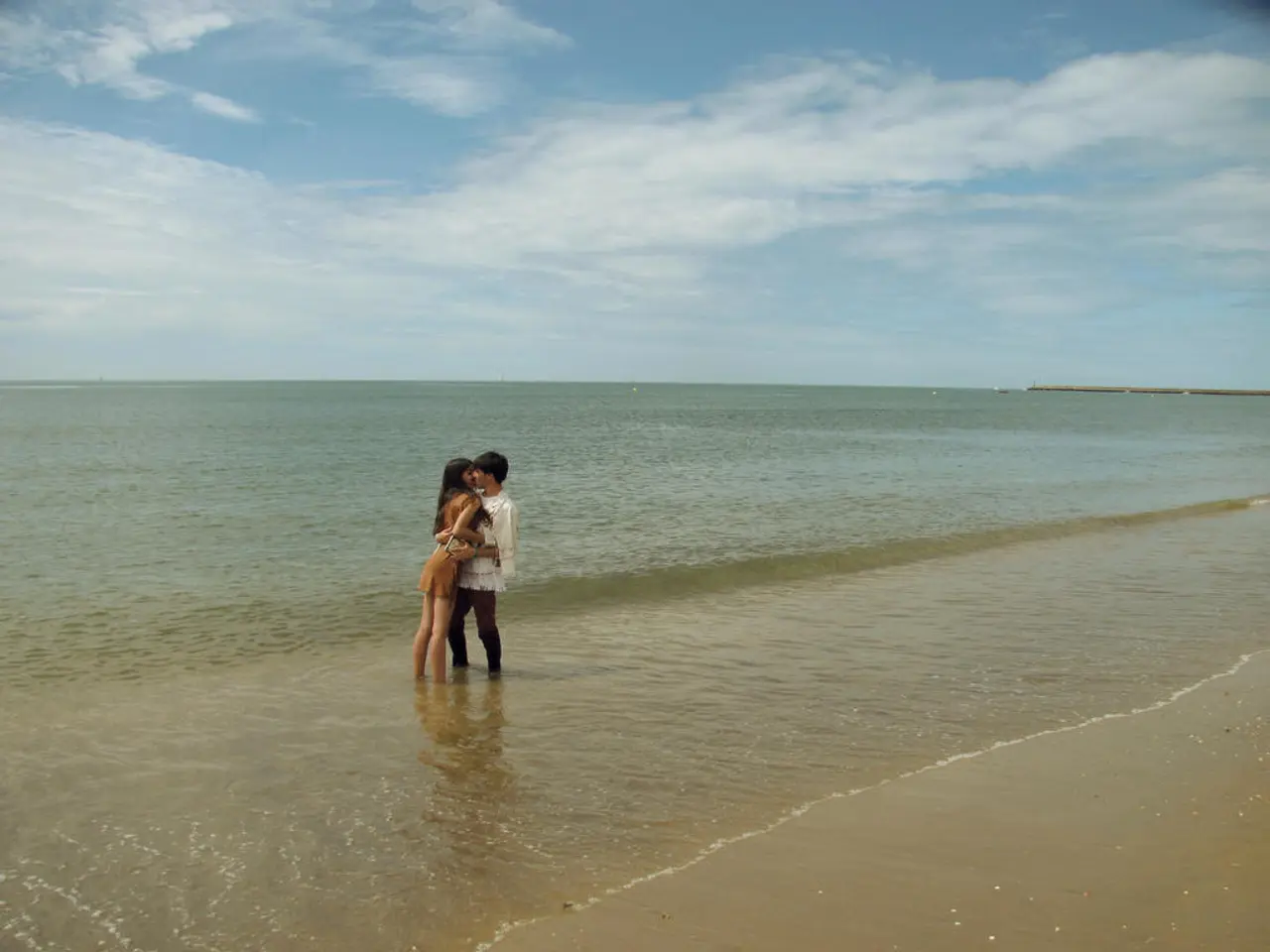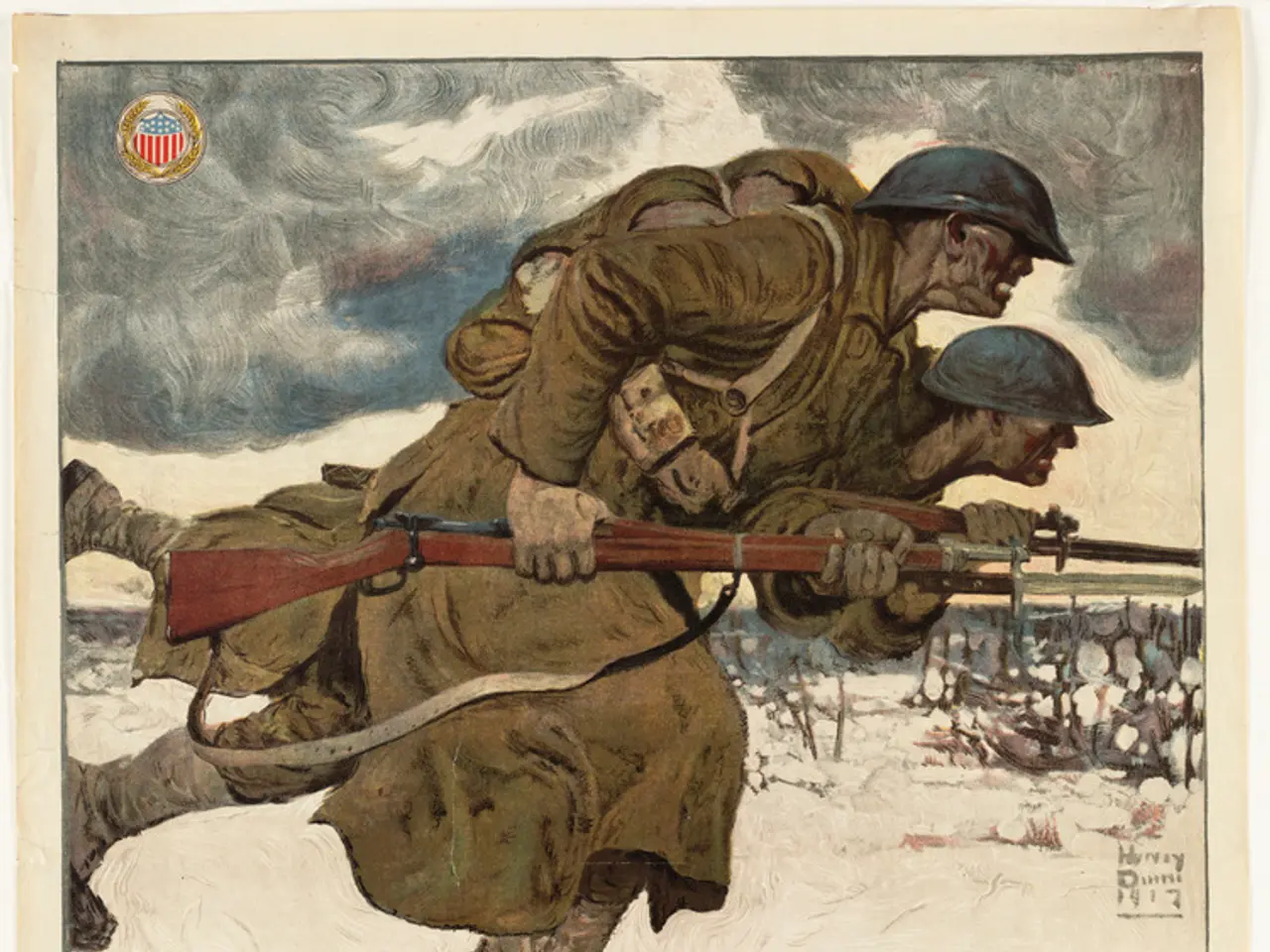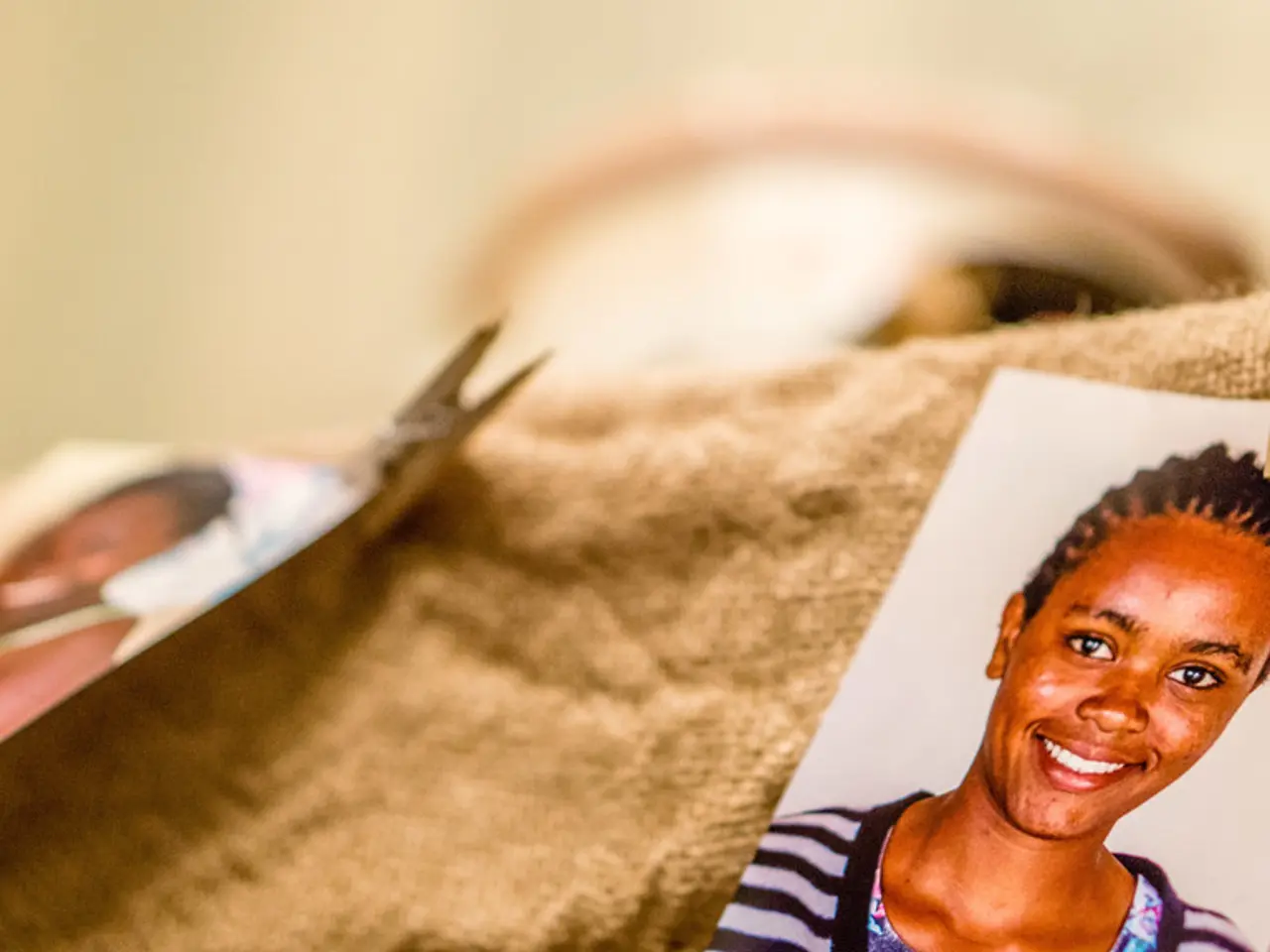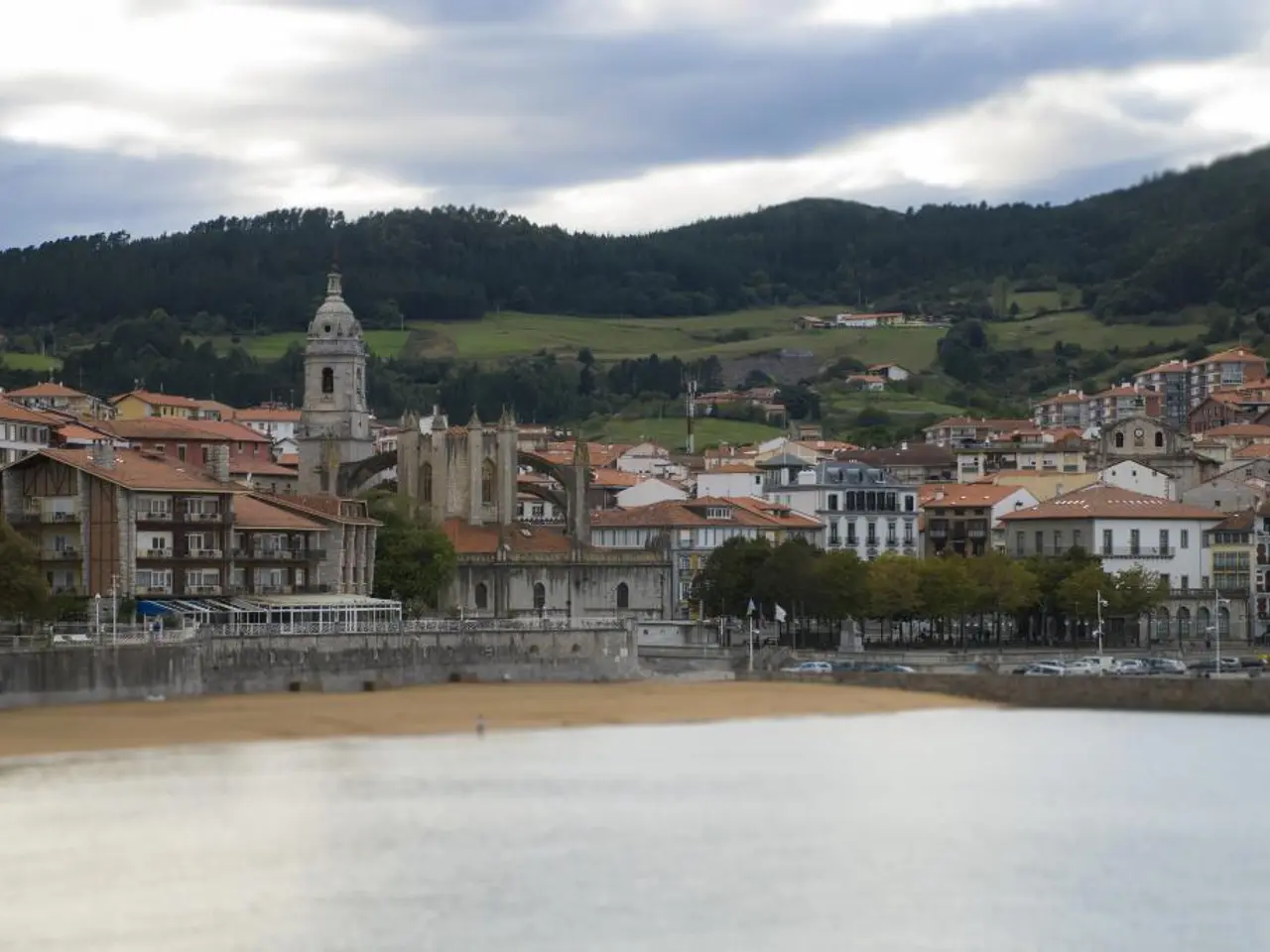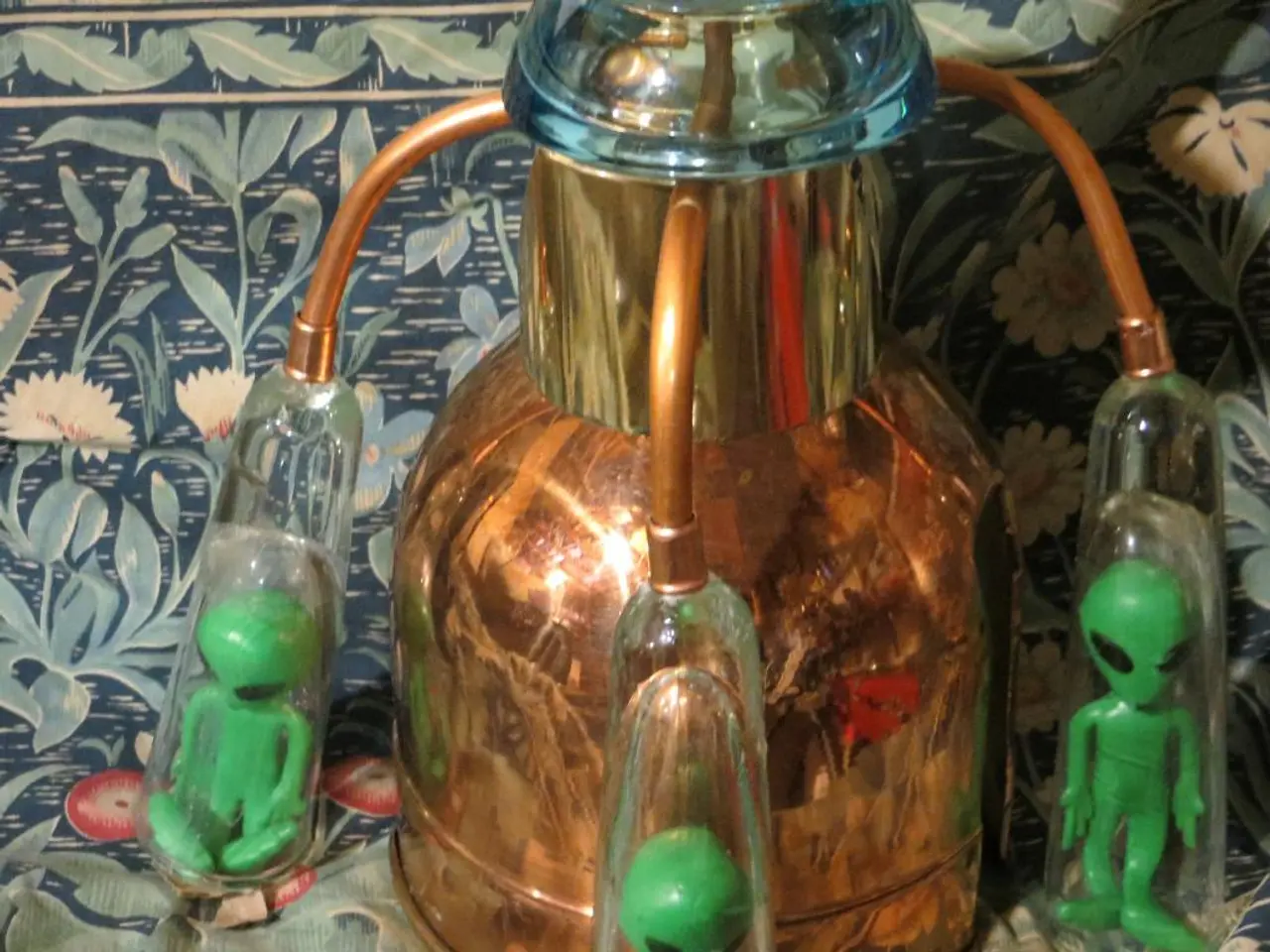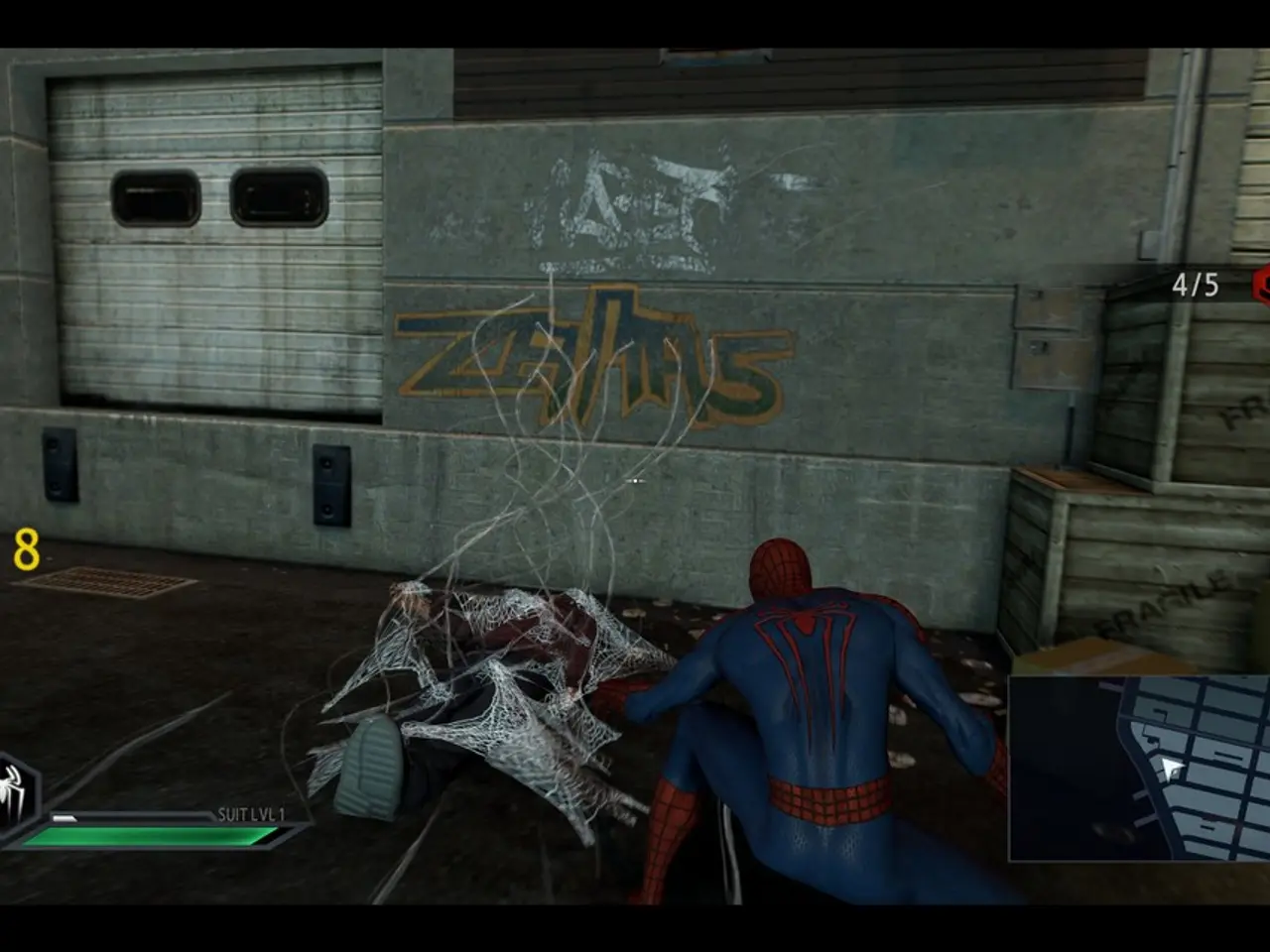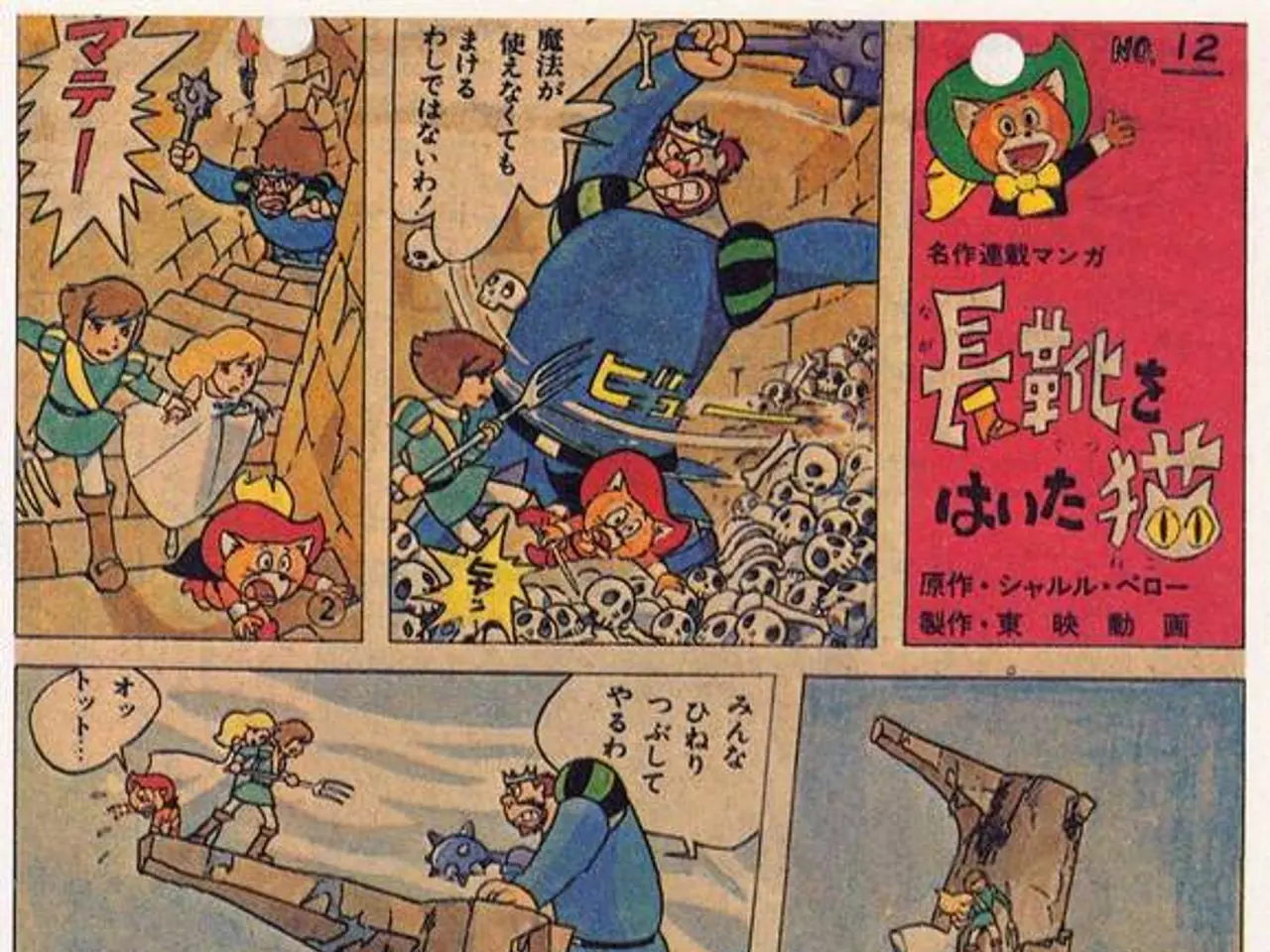State advocate alleges Russia of engaging in "government-sponsored acts of terror"
In a shocking development, Russian human rights activist Nikita Petrov has accused the Russian government of state terrorism in the context of the ongoing Berlin Zoo murder trial. Petrov made these comments to ARD, a German public broadcasting corporation.
Petrov, drawing historical parallels with Soviet-era political repression, particularly under leaders like Yuri Andropov, has situated current Russian political repression in a broader historical continuum characterized by systemic suppression of opposition. He echoes the tactics of the Great Purge, which included fabricated trials and brutal crackdowns from the 1930s.
By invoking this history, Petrov implies that contemporary acts of state terrorism in Russia are not exceptional but part of a persistent pattern of authoritarian governance that utilizes terror tactics to silence opposition and control society.
Petrov specifically highlights how figures like Andropov "violated human rights" and intensified repression against dissidents through mass arrests, forced psychiatric detentions, and pressure on activists to emigrate. These measures bear resemblance to Stalinist-era terror, where "show trials" and state orchestration of fear were used to consolidate power.
The current political implications of Petrov’s accusations are significant. They challenge the legitimacy of the Russian government and policies, calling attention to sustained human rights violations and repression under Vladimir Putin’s regime. This perspective supports ongoing international and domestic calls for accountability and reform, emphasizing the continuity of state terror tactics from Soviet to post-Soviet Russia.
Petrov also compares the current Russian political climate to the worst Soviet practices, specifically the last years of Stalin's rule. He expresses concern that fear is gripping Russian society, stating that if people are afraid, they are no longer free. If everyone is afraid, Petrov believes, the Russian society will become "an absolutely obedient and controllable society that resembles a herd of sheep."
Moreover, Petrov claims that Russia's disregard for international law, occupation of Crimea, and war in eastern Ukraine are evidence of criminal behavior. He believes that decisions leading to such attacks and murders are made at the "very top" in Russia.
The nature of the Berlin Zoo murder trial and the crime committed were not specified in the provided information. However, the accusations are related to this trial.
It is worth noting that the Russian political system is described as a "power vertical," with no room for external influences. A photograph of the Kremlin wall in Moscow, as provided by dpa, serves as a stark reminder of the entrenched power structure in Russia.
This development in the Berlin Zoo murder trial has sparked international interest and debate, with many questioning the future of Russian politics and its international relations. As the trial continues, the world watches with bated breath, hoping for a just resolution and a step towards a more democratic Russia.
Other commentators have linked the current political climate in Russia to war-and-conflicts, general-news, and crime-and-justice issues, noting the parallels between Putin's regime and the Soviet era, characterized by systematic violations of human rights and repression.
Petrov's accusations of state terrorism in the context of the Berlin Zoo murder trial have largely been supported by comparisons to historical practices under figures like Yuri Andropov, highlighting the persistence of authoritarian governance and the utilization of terror tactics to control society.
